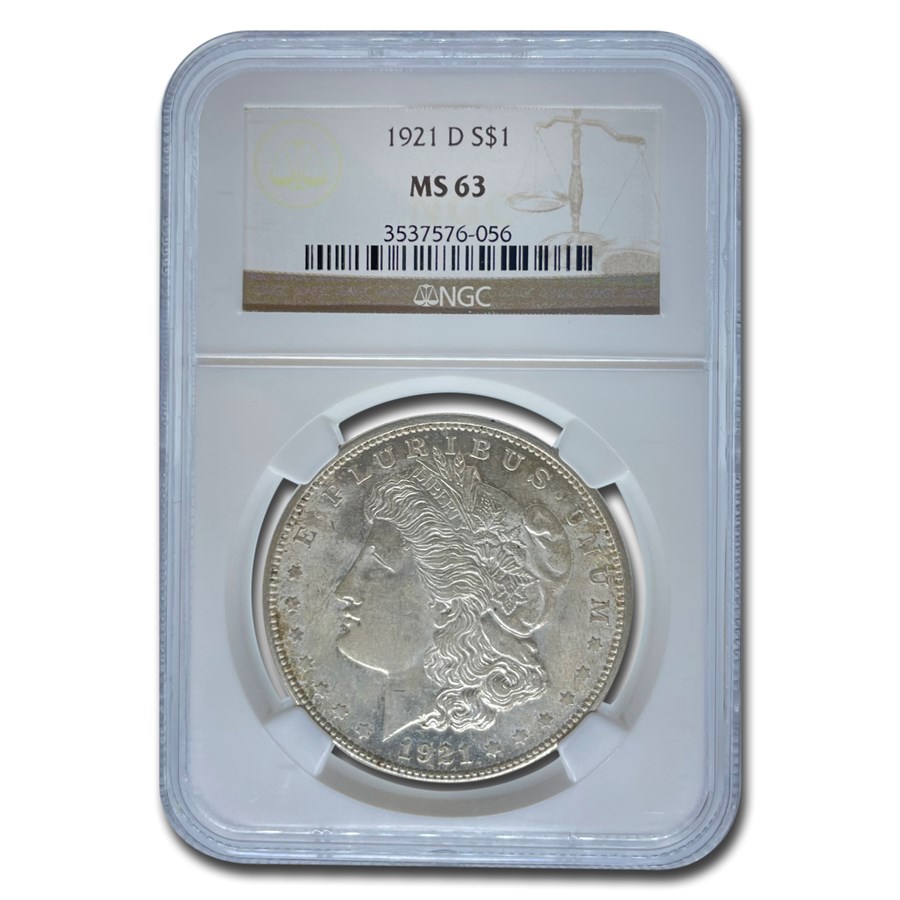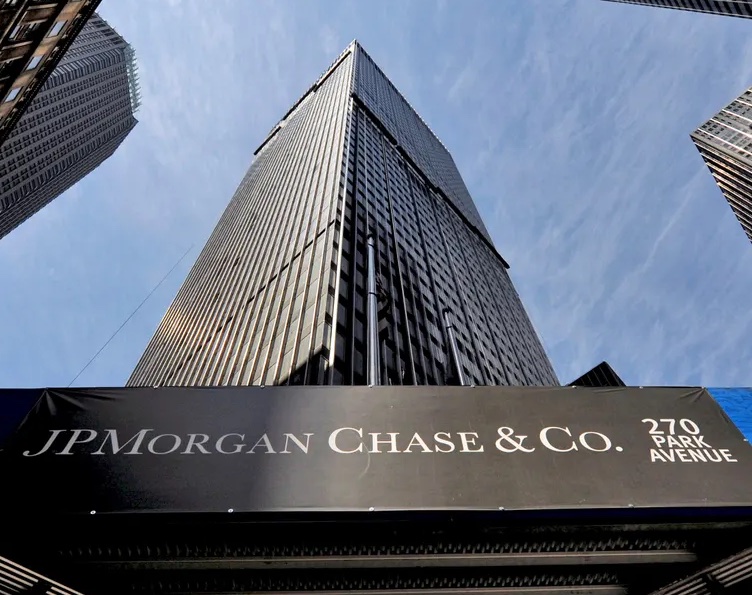TD Bank agreed to pay a historic $3 billion in penalties for failing to maintain an effective anti-money laundering (AML) program, resulting in significant money laundering.
This settlement includes a $1.8 billion fine to the U.S. Department of Justice (DOJ), plus an additional $1.3 billion to FinCEN and other amounts to financial regulators. The bank pleaded guilty to charges including conspiracy to fail to maintain an AML program, failing to file accurate Currency Transaction Reports, and money laundering.
This is more than triple the nearly $1 billion fine paid by JP Morgan Chase for the banks role in precious metals price fixing.
Investigation Details
The investigation highlighted that from January 2014 to October 2023, TD Bank’s U.S. operations had systemic deficiencies in its AML policies, allowing illicit transactions to go unchecked. Criminals, including international drug trafficking networks, exploited these weaknesses, moving over $670 million through the bank’s accounts. The DOJ noted that despite awareness of these issues, high-level executives failed to address them adequately.
The courts and regulatory bodies, including the DOJ, Financial Crimes Enforcement Network (FinCEN), and the Office of the Comptroller of the Currency (OCC), determined TD Bank’s guilt based on evidence of pervasive failures in oversight and compliance with the Bank Secrecy Act. The bank’s own internal communications labeled it an “easy target” for money laundering, confirming its complicity through negligence.
Money Laundering Clients and Criminal Activity
International drug trafficking groups linked to fentanyl distribution in the U.S. exploited the bank’s systemic anti-money laundering weaknesses. These groups managed to launder hundreds of millions of dollars.
Court records expose that various organizations exploited the systemic weaknesses of TD Bank’s anti-money laundering program.
Da Ying Sze (“David”) ran a laundering scheme using shell companies and personal accounts at TD Bank, moving approximately $474 million between 2018 and 2021. To facilitate his operations, David bribed TD employees with over $57,000 in gift cards.
Five TD Bank insiders across New Jersey and Florida assisted in laundering activities by opening accounts, issuing ATM cards, and evading internal controls. These insiders took bribes ranging from $50 to $2,500 per account.
Two of these insiders have been arrested and charged with crimes related to their involvement in the scheme.
For his role, Da Ying Sze, a.k.a. “David”, was charged with money laundering, operating an unlicensed money transmitting business, and bribery of TD Bank employees.
He pled guilty in 2022, admitting to laundering over $470 million in drug proceeds through TD Bank accounts and bribing employees with gift cards totaling more than $57,000 to facilitate his scheme
Court records detailed the operations of several of the money laundering schemes. In one, a network of individuals posing as wholesale diamond, jewelry, and gold dealers used shell companies to move around $123 million through TD Bank between 2021 and 2023.
The organizations also exploited the bank to launder money under the guise of precious metals trading by maintaining multiple accounts for shell companies, facilitating the transfer of illicit funds without detection.
Another scheme involved using TD Bank accounts to transfer over $39 million from the U.S. to Colombia. This included moving funds through Colombian ATMs, facilitated by insiders at TD Bank who provided large numbers of ATM cards, in some cases over 50 per account. During this scheme, more than 194,940 withdrawals were made from Colombian ATMs.
The settlement was marked by public statements from Attorney General Merrick Garland, emphasizing the severity of the bank’s negligence and its role in facilitating financial crimes. This case has set a precedent as the largest bank in U.S. history to plead guilty to such charges, underscoring a crackdown on lax AML controls in financial institutions.





